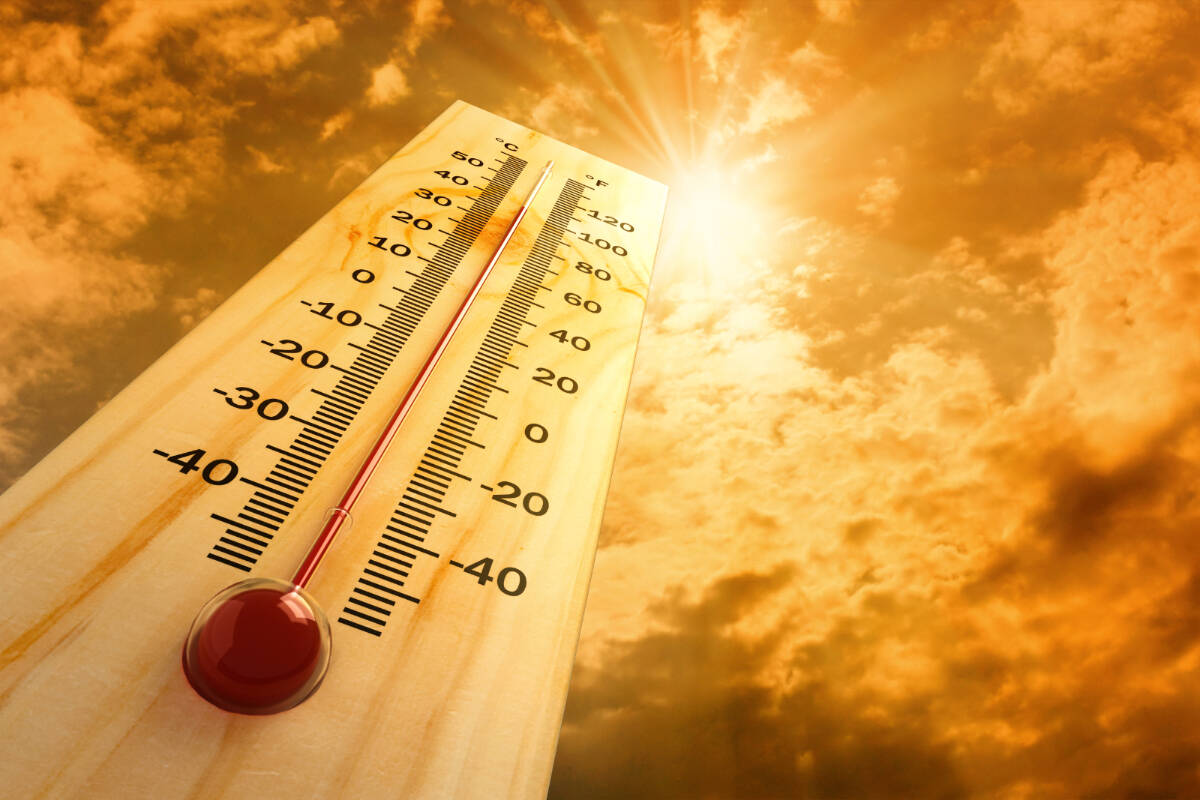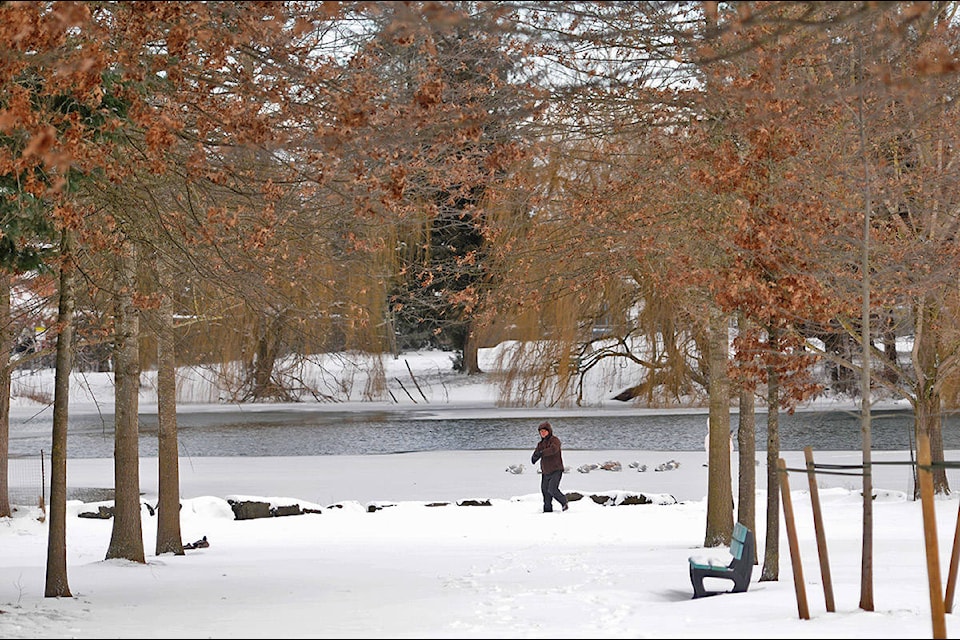Cost of Living in Chilliwack BC
Hi everyone, I’m Deanna Gray with exp Realty. Welcome to my blog! Today, we’re exploring the cost of living in Chilliwack and giving you an overview of what you might typically expect to pay each month. For those of you joining me for the first time—and I suspect there are quite a few since this blog is just getting started—we delve into all things Chilliwack here. You’ll find insights into the real estate market, advice on the best neighborhoods and schools, tips for moving, and much more. Don’t forget to bookmark this page so you won’t miss any updates. Now, let’s dive into what brought you here.

Considering Gas Costs and Travel Times
In Chilliwack, particularly in areas like Sardis, we have a variety of transportation options available. These include bus routes, taxis, and HandyDart services, which cater to those with mobility challenges. However, it’s important to note that we don’t have subway or sky train services like larger cities. Ridesharing options such as Uber are also available.
For those living in rural parts of Chilliwack, it's important to be aware that public bus routes generally do not extend far into these areas, though school bus services are more accommodating. This limited public transportation coverage is something to consider if you're planning on living outside of more central areas.

I've seen school buses out where I live, but not the typical buses and the bus stops. They don't make it out so far, so that is another consideration. You will have to have your own vehicular transportation. That said, summer and winter I thought would be a good idea to mention in this video because while we are quite mild as far as summer and winter goes, we do have our extremes. Last year, for example, we had what was called a heat dome, and it lasted a good 3 to 4 weeks, and roasted us for for a good month. We had, we were seeing temperatures over 40 degrees, and for us that was horribly uncomfortable. Outrageous. We, we're not Phoenix, so we don't really experience temperatures like that, as a general rule. And, sadly a lot of, people and pets died that summer because air conditioners are not all that commonplace in Chilliwack. That said, because of that, I would recommend that anybody moving to Chilliwack, if you have the capacity to, definitely consider purchasing an air conditioner if it's not included in either your home or your apartment. They don't have to be super expensive. You don't have to go, you know, across the board. I have just a very simple one in my bedroom. It's just this tiny little portable thing, but it works really well. It was only like $400, so I'm happy with it. I don't have to do a whole lot to maintain it, and my poor cat doesn't have to roast when she's hanging out in my bedroom. So I'm I'm cool with that. We do have fire bans in the summer.
Winter Tire Costs and Transportation Challenges

In Chilliwack, the variation in snowfall can be striking—while the city may have none, rural areas like where I live can look like a winter wonderland. This disparity means that snowplows don’t always reach the more remote areas, making winter tires essential for safe and effective travel during the snowy months.
Legally, we're required to equip our vehicles with winter tires starting in October. While you might manage without them for a while if you're staying in less snowy parts of the region, I wouldn’t recommend taking that risk. Even though severe winters are not common here, it's always best to be prepared for the worst. The cost of winter tires will vary depending on your vehicle's size; smaller cars will generally have more affordable options, whereas larger vehicles, like Humvees or monster trucks, will face higher costs. However, this is a universal truth, no matter where you are.
Property Taxes and Home Prices

Moving on to property taxes, for a property valued at around $800,000, the taxes this year were $2,610. Naturally, this amount will vary with the value of your property. For instance, if your home is worth more than $1,000,000, your taxes will be higher, and conversely, they will be lower if your home's value is below $800,000.
Now, let's discuss what many of you are here for—the real estate market. The current average home price in Chilliwack is $636,000, with a monthly decrease in sale prices of about 3.8% and a quarterly change of -20.6%. We expect these prices to continue to decline, even as interest rates unfortunately rise. However, the investment is well worth considering the environment we live in. Many properties in Chilliwack offer stunning views, surrounded by mountains on all sides, justifying the higher price points. Yet, there is also a wide range of properties available below and above the $636,000 mark, depending on what you're looking for and your financial arrangements, like the type of mortgage you choose.
For various home services, such as a house painter, you can expect to pay $80-$200/hour on average for a professional company.
For a junk removal service you can expect to pay about $300 for a pickup trucks worth of debris. For a tree service, $700 is a reasonable starting budget, with average prices ranging from $285 to $2000 depending on the tree's height and complexity.
An AC repair service typically charges $100-$250 for a callout and basic diagnostic.
Fence Painting starts at about $2 per square foot, up to about $4 per square foot for more premium finishes, meanwhile a move in cleaning service for a 1 bedroom apartment costs about $250 for a deep clean.
Regarding interest rates, keep an eye on the Bank of Canada’s next scheduled announcement on September 7th this year, with a full update on the economic and inflation outlook to follow on October 26th.
So, that wraps up our look at the approximate cost of living in Chilliwack. It's quite manageable, isn't it? If you have any questions or need more information, feel free to reach out at deanna.gray@exprealty.com. I'm here to help, and I promise I'm friendly! Have a wonderful day. Goodbye!

